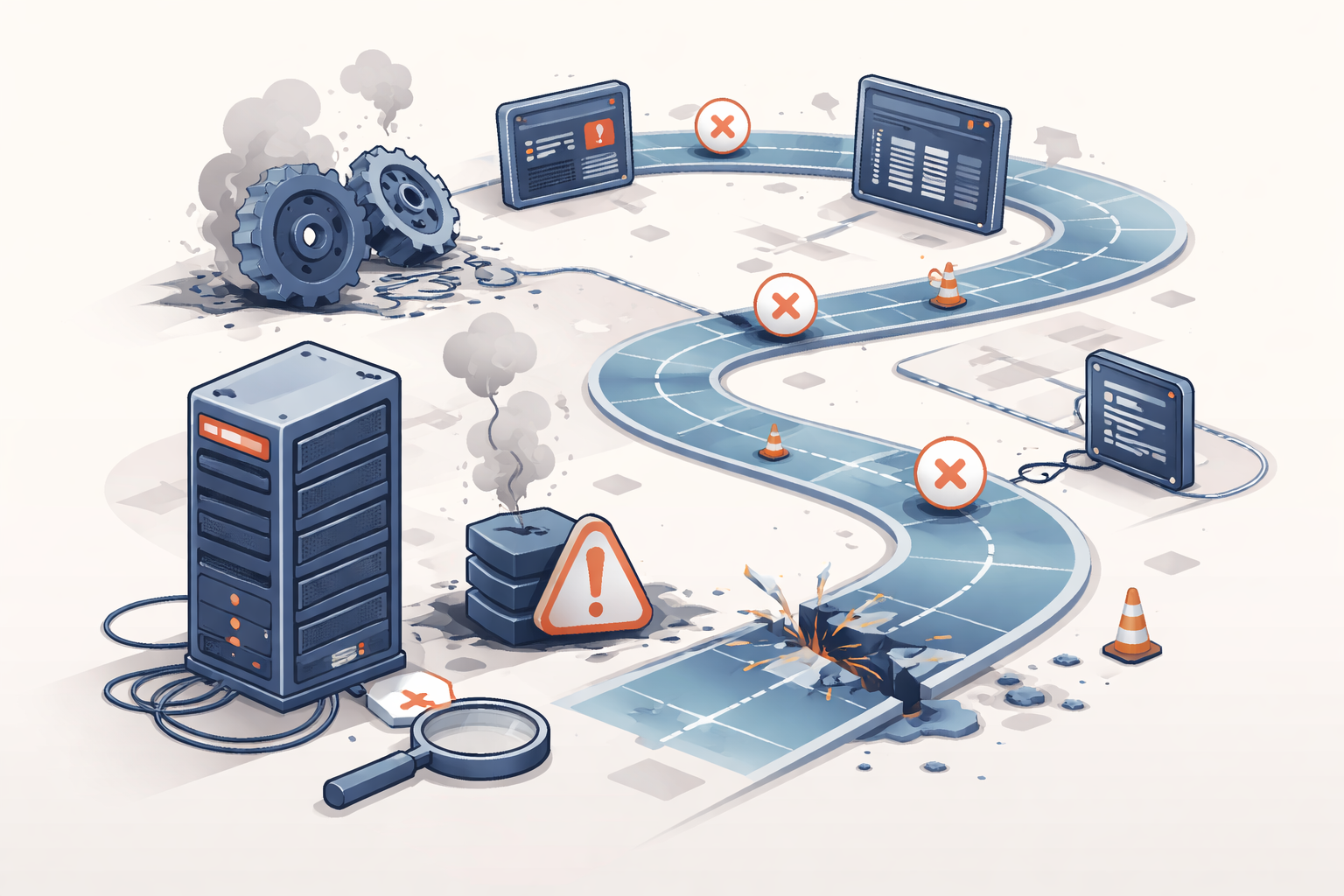The future of Wikipedia

Wikipedia turns 25 next year, but it looks like the milestone will pass without much fanfare. When techno-optimists Jimmy Wales and Larry Sanger launched the open-source encyclopedia in January 2001, it wasn’t their first venture into online knowledge sharing. Wales had previously led Nupedia, a volunteer-driven encyclopedia that suffered from a painfully slow approval process for new content.
Convinced there had to be a better way, the pair turned to the concept of a “wiki” — a collaborative platform that anyone could edit, like a digital ant colony working together. Wikipedia quickly became the symbol of Web 2.0: where the early internet had been a one-way medium, it now enabled mass participation. Even today, thousands of people dedicate countless hours to writing, editing, and curating Wikipedia’s vast library of content.
For years, Wikipedia’s business model has been a powerful counterexample to those who doubted alternatives to advertising. Remarkably, people are willing to donate without receiving anything in return. Wikipedia remains completely free to use, and there are no perks for contributors. Yet around 2 percent of visitors still choose to donate and the organization’s revenue continues to grow year after year. In 2012 fetched Wikipedia another 48 million dollars, ten years later it was already 180 million. Even if Wikipedia did not collect anything for a full year, the organization now has enough cash to survive. And that may be necessary.
AI Everywhere
Indeed, Wikipedia is under fire from various sides. Large language models have made it ridiculously easy to write texts, allowing moderators be swamped with submissions that sound highly believable but aren't. The Cebuano version of Wikipedia shows how fast things can go. CE-what? Cebuano is a language spoken in the south of the Philippines, and that version of Wikipedia is already the second largest after the English language one. The Swedish version Wikipedia also contains many of those bot translations full of errors.
At the same time, AI is also a threat to Wikipedia on the other side. This is because LLMs often use the texts to generate answers - and that means that some actors want to influence that content as much as possible to their advantage. Knowledge is power!
Not that that hasn't been done before. For example, consider the books that James Bridle once printed including all the changes to the Wikipedia page about the war in Iraq. Climate and other activists were already aware years ago modify pages to “bring women and other minorities back into history” and in 2009 it even became members of Scientology proscribed to still edit pages.
WikiBias
However, that kind of Wiki Wars is only now really getting to cruising speed - no doubt thanks to the LLMs. For example, Pirate Wires' Ashley Rindsberg came up with in October a large piece about Hamas sympathizers who will consciously and co-ordinate pages to push their narrative.
Other platforms, such as WikiBias, show how Wikipedia is manipulated. Elon Musk, who is only too eager to get rid of what he sees as “woke activism”, has already called on people several times to stopping with donating. As mentioned, Wikipedia currently still has a substantial piggy bank, but that could change when Donald Trump targets the encyclopedia. Indeed, Wikipedia has a non-profit status, which makes it easy to raise money. If that ever changes, the organization will have a much harder time.
Jimmy Wales is also aware of this, who is openly in the dust and promises to take tougher action against those who deliberately manipulate pages. So may 14 editors no longer working on pages about the war in the Middle East - which are viewed tens of thousands of times a day. Maryana Iskander, the CEO of parent organization Wikimedia Foundation, unexpectedly announced her departure recently.
What's next?
To get Wikipedia back on track, several things are needed. Where AI is a threat for many reasons, it can also offer a solution. A study in Nature says, for example, that AI can show when someone uses a weak reference in an article, and the Wikimedia Foundation wants to use the technology to improve the volunteers' work to illuminate.
It will be more difficult to remove the bias from Wikipedia. Especially when it comes to controversial topics such as the war in the Middle East, it is present, but the solutions are not always simple. Should moderators or writers lose their anonymity? Should there be new guidelines about what a credible source is? And who is going to decide what that is, credibility? Should we use AI to detect bias - and who will decide what is or is not bias?
These are questions that Wales can worry about in the coming months, in the run-up to the 25th anniversary of its platform. At the same time, he can prepare for a fight against Musk and his followers. To protect Wikipedians, people in the United States even want roll out the editor tools that are normally only used in authoritarian regimes. What if Trump joins the fight? Then maybe the Wikimedia Foundation can find shelter in Europe. Or Canada. Or Greenland.

.png)
.jpg)



